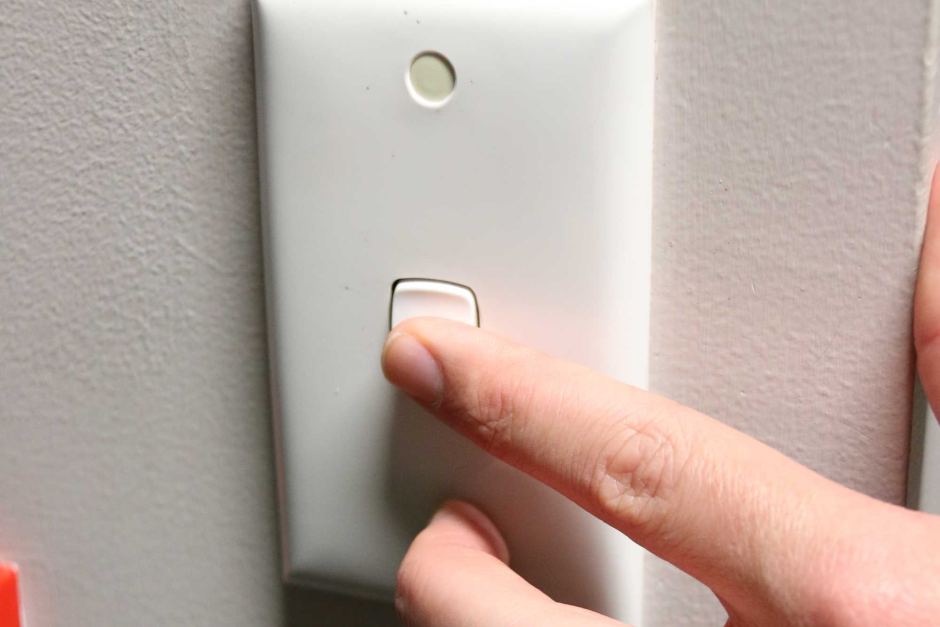Consumers must be compensated for higher bills caused by the excessive “gold-plating” of electricity networks and the value of energy assets should be written down, according to a report out today.
The Grattan Institute blames “poor decisions” by governments in New South Wales, Queensland and Tasmania for driving unnecessary investment in power networks, which has ultimately left consumers footing the bill.
In the Down to The Wire report, the Grattan Institute estimates consumers in those three states are being slugged between $100 and $400 more a year as investment outstripped population growth and demand.
“Consumers connected to the National Electricity Market are paying for a power grid that grew from around $50 billion in 2005 to $90 billion today,” the report said.
“The expenditure significantly outstripped growth in population, demand and even peak demand.
“There have been some improvement in reliability of supply but not enough to justify the expenditure involved.
Grattan report says consumers are footing the bill for unnecessary investment in power networks.
“Taking our recommended approach would rectify mistakes of the past and ensure a more efficient grid in the future.”
The report recommended that state governments should fix the problem and that where energy businesses are still public, their assets should be written down.
In the case of NSW with the sale of Ausgrid, the report said the State Government should provide a rebate “to compensate consumers for historic over-investment”.
The over-investment in energy infrastructure — or “poles and wires” — comes as the Federal Government pressures the energy industry to deliver relief to consumers and businesses reeling from surging energy prices.
State governments have pumped billions of dollars into electricity infrastructure to ensure reliability amid growing industry concerns that an “energy catastrophe” might force energy intensive businesses offshore.
The report warned that the over-investment in current energy technology might see some infrastructure becoming irrelevant for future needs.
“Some assets built for a previous era will become further under-utilised or ‘stranded’. Assets being planned today could suffer the same fate,” the report said.
Energy consumer groups, economists such as Ross Garnaut and Australian Competition and Consumer Commission chairman Rod Sims have previously pointed the finger at the “gold-plating” and over-investment in the power grid for contributing to surging prices.
Originally Published by ABC News, continue reading here.

